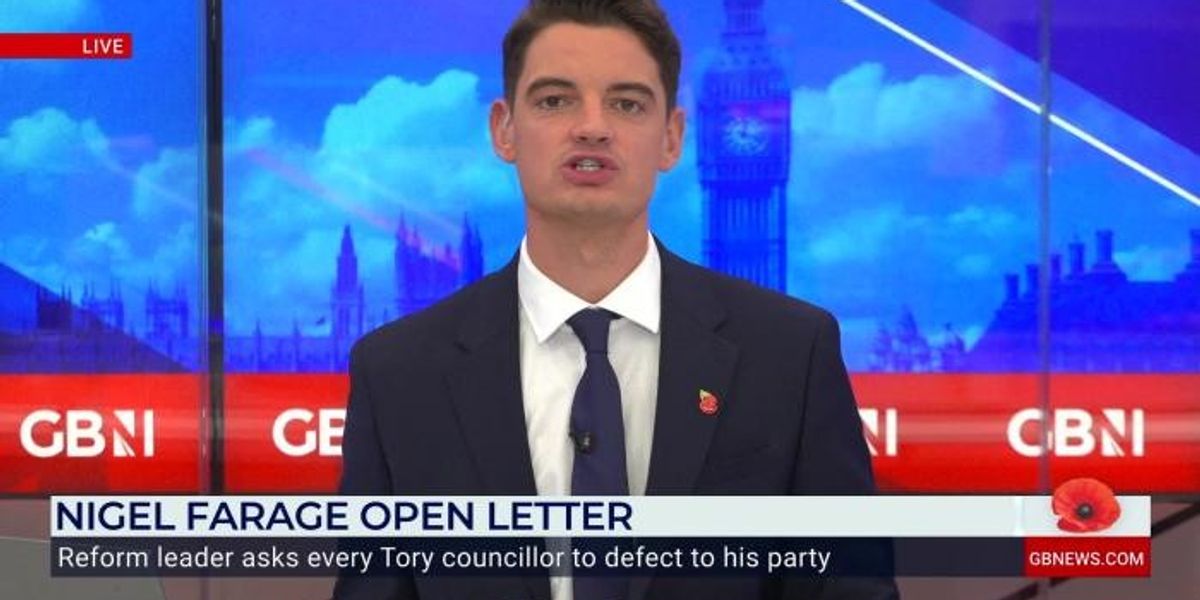Understanding the Controversy Surrounding Chris Kaba: A Call for Transparency
In recent weeks, the case of Chris Kaba has ignited heated discussions across the United Kingdom, particularly regarding issues of transparency, public perception, and community relations. Richard Tice, the Deputy Leader of Reform UK, has emerged as a vocal critic of how the circumstances surrounding Kaba’s death have been communicated to the public. His remarks have raised important questions about the role of information in shaping public sentiment and the potential consequences of perceived misinformation.
The Context of Chris Kaba’s Case
Chris Kaba was a young man whose death at the hands of police officers in London sparked widespread protests and community unrest. The initial narrative surrounding his death was met with outrage, leading to demonstrations that called for justice and accountability. However, as details began to emerge about Kaba’s background, including allegations of violent behavior and gang affiliations, the public narrative shifted. Tice argues that the initial portrayal of Kaba did not adequately reflect the complexities of his situation, leading to what he describes as a "gaslighting" of the British public.
Tice’s Claims of Misinformation
In an interview with GB News, Tice expressed his frustration with how the media and authorities handled the information surrounding Kaba’s case. He stated, "We, the public have been completely gaslit." Tice contends that had the public been informed about Kaba’s alleged criminal background from the outset, the subsequent protests and community tensions could have been avoided. He believes that a lack of transparency contributed to a narrative that painted Kaba as a victim rather than a figure with a controversial past.
This assertion raises critical questions about the responsibilities of media outlets and law enforcement in presenting information to the public. Tice’s comments suggest that a more nuanced and honest portrayal of Kaba’s life could have mitigated the emotional responses that followed his death.
The Impact of Community Tensions
The fallout from Kaba’s death has highlighted deep-seated issues within communities, particularly regarding trust in law enforcement and perceptions of justice. Tice’s remarks underscore the importance of clear communication in preventing misunderstandings that can lead to unrest. He emphasizes that without learning from these experiences, society risks repeating the cycle of misinformation and violence.
The protests that erupted following Kaba’s death were not just about one individual; they tapped into broader societal grievances, including racial tensions and perceptions of police brutality. Tice’s call for transparency is not merely about Kaba’s case but reflects a larger need for dialogue and understanding between communities and law enforcement.
The Need for Lessons Learned
Tice’s insistence on learning from the Kaba case resonates with many who advocate for reform in policing and community relations. He argues that acknowledging the complexities of such situations is crucial for fostering a more informed public. "If we don’t learn, we will continue to have misinformed violent protests when actually the truth is very different," he stated, emphasizing the need for a proactive approach to communication.
This perspective invites a broader discussion about how information is disseminated in high-stakes situations. It raises the question of whether authorities should adopt more transparent practices to ensure that the public is not left in the dark, which can lead to speculation and unrest.
Conclusion: A Call for Change
The controversy surrounding Chris Kaba’s case serves as a poignant reminder of the power of information in shaping public perception and community relations. Richard Tice’s comments highlight the urgent need for transparency and honesty in how such cases are communicated to the public. As society grapples with the implications of Kaba’s death, it is essential to reflect on the lessons learned and strive for a more informed and cohesive community dialogue.
In a world where misinformation can easily spread, the responsibility lies with both authorities and media outlets to ensure that the public is equipped with accurate information. Only then can we hope to foster understanding, prevent unrest, and build a society that values truth and transparency.
